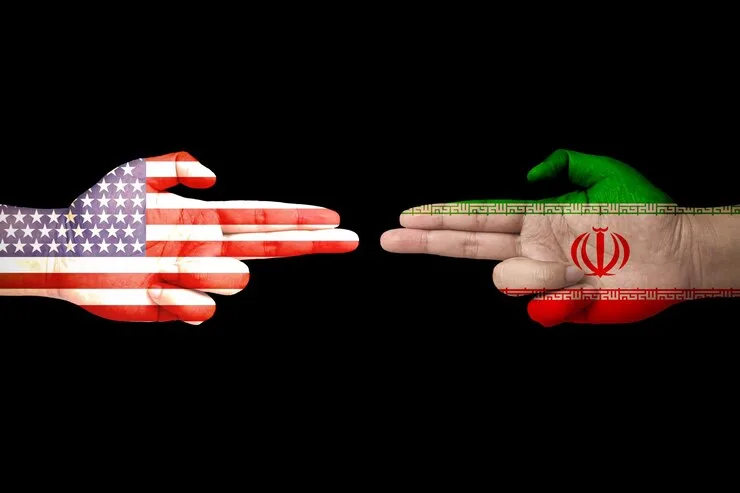If you’ve ever played an online casino game, you’ve probably asked yourself:
“Is this fair?”
It’s a valid question—and one that deserves a clear, honest answer. In this guide, we’ll break down how fairness is maintained in online casino games, the role of algorithms, and what you should look out for as a player.
What Does “Fairness” Mean in Casino Games?
Fairness means that every player has an equal and random chance to win or lose, based purely on chance and game rules.
No manipulation, no hidden tricks.
In physical casinos, this is ensured by things like:
-
Certified cards and dice
-
Supervised dealers
-
Strict gaming regulations
But in online casinos, fairness relies on algorithms—specifically Random Number Generators (RNGs).
What Is an RNG (Random Number Generator)?
An RNG is a computer algorithm that generates random results in games like:
-
Slots
-
Roulette
-
Blackjack (non-live)
-
Poker
For example:
-
In a slot game, the RNG picks random reel positions as soon as you hit the spin button.
-
In roulette, the RNG determines the winning number.
These numbers are generated independently, ensuring that each outcome is random and not influenced by previous results.
Can RNGs Be Trusted?
Yes—if they’re audited and certified by independent testing agencies. Trusted online casinos use RNGs that are tested by companies such as:
-
GLI (Gaming Laboratories International)
These audits verify:
-
True randomness
-
Consistency with game rules
-
No manipulation or bias
Once certified, the RNG cannot be changed without re-approval.
What About Live Casino Games?
Live casino games—like live roulette or blackjack—don’t use RNGs. Instead:
-
Real dealers run the game in real time via video stream
-
Outcomes are based on physical cards, wheels, or dice
-
Cameras and multiple angles ensure transparency
These games are monitored for fairness using different methods, often under the watch of a regulator.
What Is RTP and Why Does It Matter?
RTP stands for Return to Player. It’s the percentage of money a game returns to players over time. For example:
-
A slot with 96% RTP will, on average, pay back $96 for every $100 wagered (over thousands of spins).
RTP is part of the game algorithm and is:
-
Fixed by the game provider
-
Audited by third-party testers
-
Clearly listed on most reputable casino sites
⚠️ Important: RTP is long-term. It doesn’t guarantee your result in a single session.
Can Casino Algorithms Be Rigged?
Technically, yes—but only by unlicensed or shady operators. That’s why it’s critical to:
-
Play only on licensed and regulated sites
-
Look for proof of RNG certification
-
Avoid casinos with no transparency about RTP
Reputable casinos cannot afford to cheat—they’d lose their license and reputation instantly.
Blockchain and Provably Fair Games
A growing trend in 2025 is the use of blockchain technology in casino games. Some crypto casinos now offer “provably fair” games, which let players:
-
Check and verify the randomness of each result
-
Use cryptographic algorithms to ensure fairness
-
Audit outcomes independently
This adds a new level of transparency, especially in crypto-focused platforms.
Frequently Asked Questions
Final Thoughts
Casino games can be fair—but only if you play smart.
-
Choose licensed, well-reviewed platforms
-
Look for RNG and RTP transparency
-
Understand how the game logic works
Remember: the house always has an edge, but the games themselves should never be rigged. Knowing how algorithms work puts the power back in your hands.




Discussion (0)